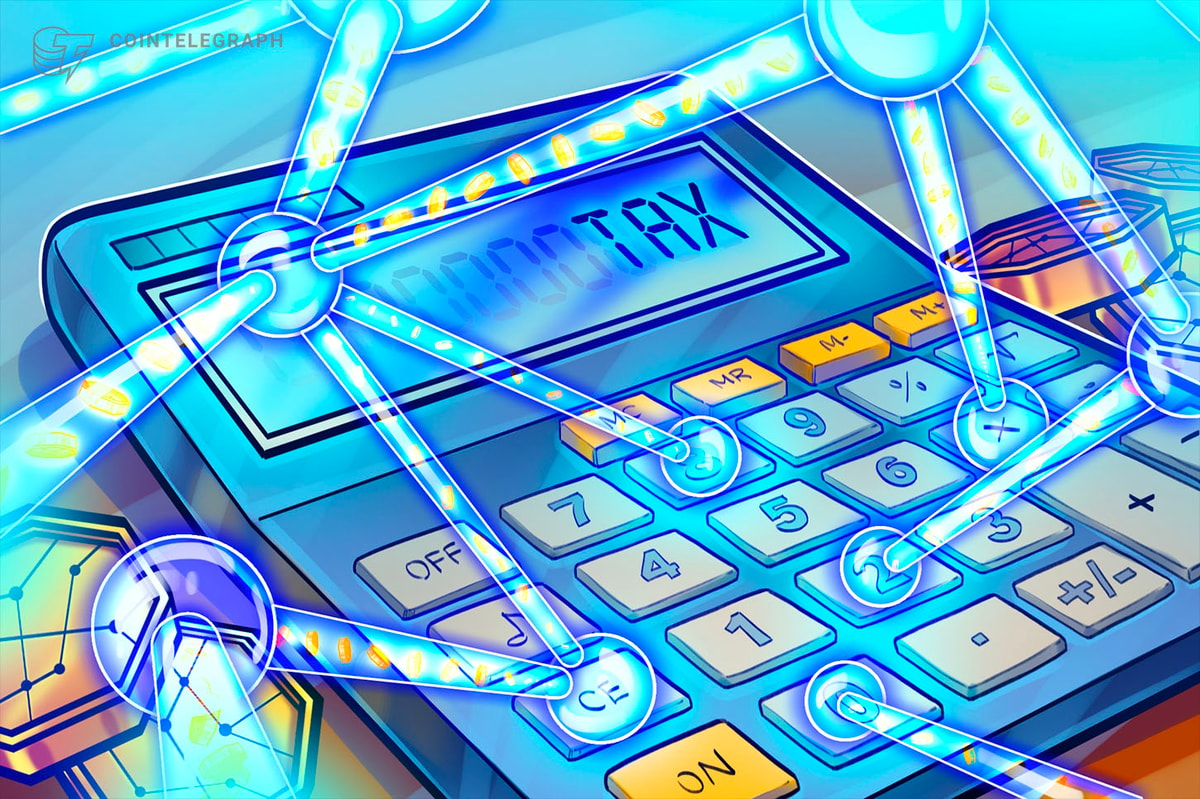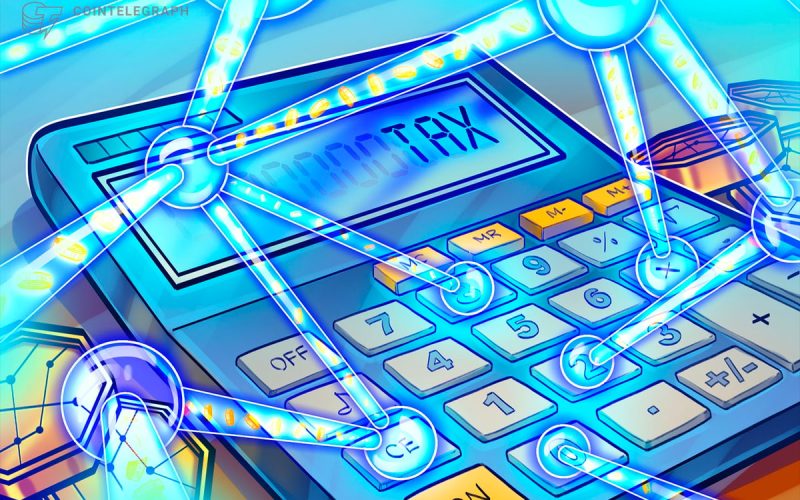A decentralized finance (DeFi) investor in Spain has recently faced a staggering tax bill of €9 million (approximately $10.5 million) after the Spanish tax authority classified a crypto-backed loan as taxable income. This situation has sparked significant controversy and raised questions regarding the interpretation of cryptocurrency taxation laws in Spain.
According to a report from the Spanish news outlet Periodista Digital, the investor had previously declared all cryptocurrency operations and paid approximately $5.84 million in taxes. However, three years later, the Agencia Estatal de Administración Tributaria (AEAT), Spain’s tax agency, issued an additional tax bill not related to any undeclared profits but rather for the act of depositing assets into a DeFi protocol in exchange for a loan.
Significantly, the investor did not sell any assets nor realize any profits from the transaction. A tax adviser quoted in the report expressed concern over the tax agency’s interpretation, stating that “the local tax agency has taxed something that, from any economic or legal perspective, is not income.” This interpretation has been criticized as lacking a solid legal basis under both Spanish and European legislation.
Furthermore, the AEAT categorized a stablecoin loan as a capital gain and treated token transfers to decentralized protocols, such as Beefy or Tarot, as taxable events. Critics argue that this classification contradicts Article 33 of Spain’s Personal Income Tax Law, which stipulates that capital gains require an actual economic benefit and a variation in net worth.

This incident highlights broader issues within the Spanish tax enforcement system. Over the past few years, the AEAT has actively warned cryptocurrency holders about their tax obligations, issuing 328,000 warning notices for the fiscal year 2022 in 2023, followed by an additional 620,000 notices in 2024. Moreover, local regulations mandate that cryptocurrency users declare their foreign crypto holdings by the end of March 2024. Recent reports indicate that the AEAT has the authority to access and seize crypto holdings if tax obligations are not fulfilled.
Concerns have also been raised about the lack of recourse available to Spanish citizens when the tax agency commits errors. The first line of appeal in tax disputes is the Tribunal Económico-Administrativo Central (TEAC), an administrative body under the Ministry of Finance. However, in a ruling from 2020, the European Court of Justice (ECJ) determined that the TEAC is not an independent “court or tribunal” under European Union law. As noted by the ECJ, the TEAC operates under the authority and control of the local Ministry of Finance, which appoints its officials. This structure raises questions about the impartiality of the tribunal in reviewing decisions made by the very authority that oversees it.
In conclusion, this case of the Spanish DeFi investor illustrates the complexities and evolving nature of cryptocurrency taxation in Spain. As the regulatory landscape continues to develop, both investors and tax authorities will need to navigate these challenges carefully to ensure compliance and clarity in the treatment of digital assets.
For further reading on cryptocurrency taxation in Spain, visit Cointelegraph.









